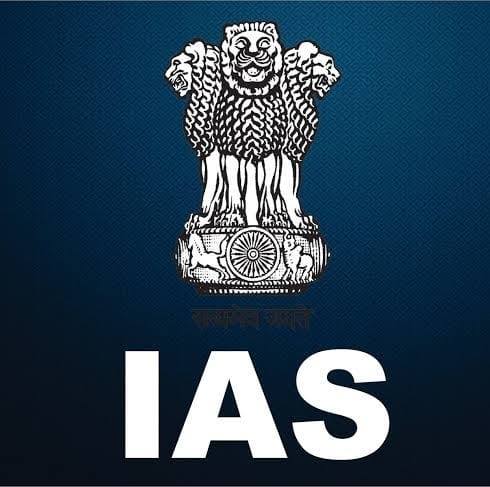In his book Just A Mercenary: Notes from my Life and Career, former IAS officer and RBI governor D. Subbarao shares insights on the Indian Administrative Service (IAS) and its challenges. Reflecting on his past comments about the IAS system, he highlights a growing concern: while the IAS was once known for competence, integrity, and dedication, its reputation has diminished due to inefficiency, corruption, and ineptitude.
Subbarao states that only 25% of current IAS officers are truly effective, while the middle 50% have become complacent, and the bottom 25% are either corrupt or incompetent. He stresses the need for 75% of officers to perform effectively to meet the demands of governance. According to him, the problem lies in a lack of incentives—there are no rewards for excellence or penalties for non-performance. Some IAS officers blame political interference for their inefficiency, but Subbarao argues that if the officers were united, politicians would be less able to manipulate them.
ALSO READ: Join The Movement: Registration Open for ‘Cyber Safe Uttar Pradesh’ Event by FCRF on October 17
He also believes that while India still requires a generalist civil service, significant reforms in the IAS are necessary. Among his recommendations is a two-tier recruitment system: the first entry would be for individuals aged 25-35, and a second-tier entry would bring in professionals from diverse fields like journalism, engineering, NGOs, and medicine. Those recruited at a younger age should be reassessed after 15 years, with some being replaced by new entrants through institutionalized lateral entry and exit systems.
Subbarao addresses concerns raised by economist Sanjeev Sanyal, who suggested that attempting the IAS exam multiple times wastes the youth of aspiring candidates. Subbarao proposes reducing the number of exam attempts to two or three, with some exceptions for disadvantaged groups, to prevent candidates from fixating on civil service exams and to encourage them to explore other career options.
On the topic of student protests, Subbarao draws from his own experience protesting as a student at IIT Kanpur and emphasizes that while students should be politically aware and have the right to protest, academic spaces should not be dominated by political activity. He references his recent time at Yale, where he saw peaceful protests related to the Israel-Gaza conflict but warns against the kind of violent protests seen on some U.S. campuses.
Finally, Subbarao explains his initial hesitation about writing the book, as he was unsure whether today’s youth would relate to his experiences in public service, particularly because he had not maintained detailed records of his career. However, he hopes the book will resonate with young IAS officers and aspiring civil servants.



